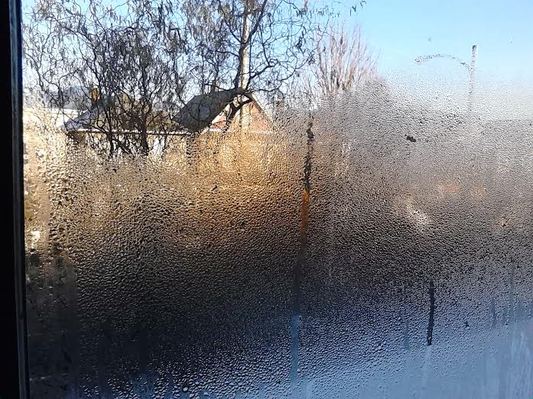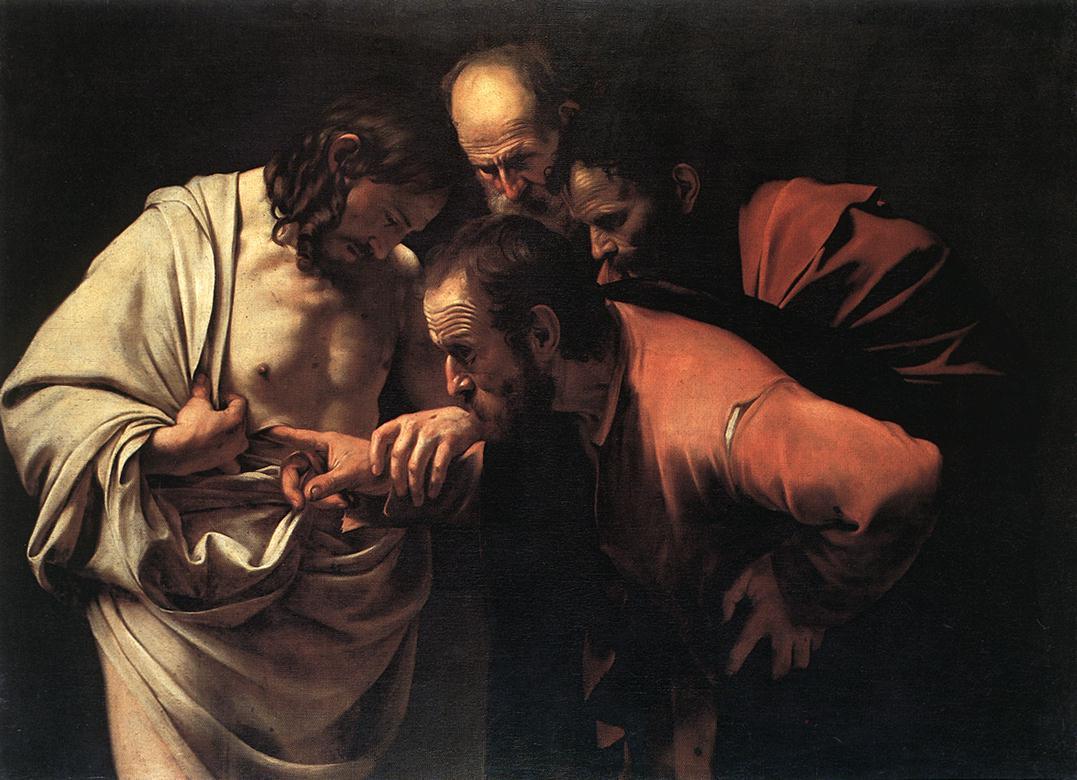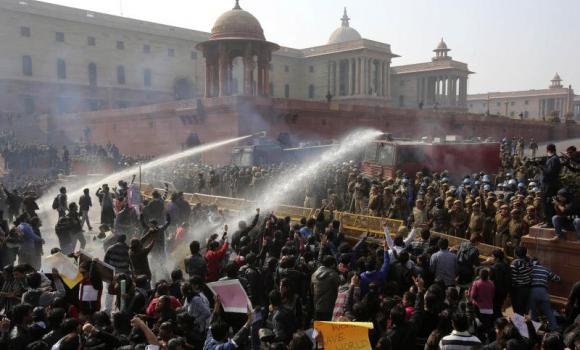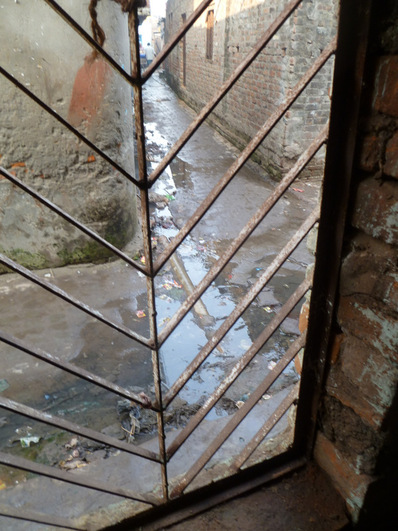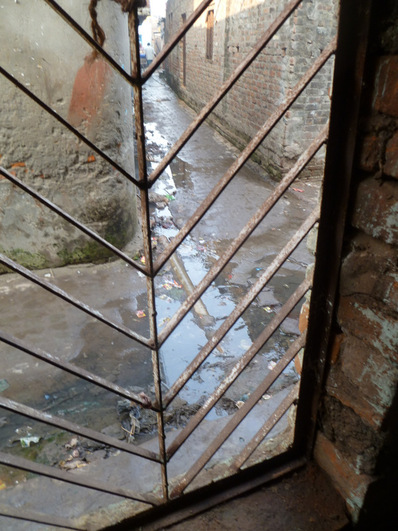We’ve been in Canada for a month now. In some ways, it feels that we’ve been here much longer: we have been the eager recipients of hospitality in a loving community that has sheltered us and softened our landing in this new country. Even as new arrivals, we have shared most meals with friends, entered into daily and weekly rhythms of prayer and worship with others, played with children, and felt at home. It’s hard to overstate the importance of this as we begin to get our feet under us again. Just sharing the domestic sphere of cooking, cleaning, and common space with others brings a sense of belonging that is rare to find so quickly when one shows up in a new city without an existing network of relationships, or even a job. It’s ironic to think that we’ve moved into a “joint family” living situation only
after leaving India, where we were surrounded by people who found it strange for the two of us to be living “alone”!
This community is centered around hospitality. When we briefly passed through this community several years ago, we were inspired to participate in extending this invitation of hospitality to neighbors who often brought their struggles with mental illness, addiction, prostitution, homelessness, or poverty into the house. Some of them are refugees and migrants. Others have been internally displaced within their own culture and society.
This time, however, we’ve returned to the community as strangers and foreigners in need of hospitality ourselves. This time, we feel most inspired by the hospitality that has been extended to us, from community members and neighbors alike. Community dinners at our house bring the whole diverse and quirky lot of us together, and it can be quite the adventure. The lines are blurred between who is hosting and who is being hosted; who is extending grace and who is receiving it. Several people from the neighborhood are long-time friends of the community who know what it’s like to live on the streets or to fight through an addiction, and they have become important partners in extending hospitality to others—they are some of the best cooks we have, they share their insight and their stories with us, and they offer compassionate, listening ears to newcomers.
***
We have yet to really process what it means to have uprooted ourselves from the slum in India and moved here. It will take time to unpack that experience; even our last day in the slum was stuffed full of the roller coaster of emotions I had felt throughout the time I lived there: waves of sadness, anger, tenderness, frustration, laughter, happiness, and grief. I felt exhausted by everyone’s desire to be with us as much as possible in those last hours. I felt overwhelmed by the intensity of their need. I felt humbled, too, by the gifts we received: one last, home cooked meal with our Indian family; hugs and kisses on the cheek from the little children who have become like nieces and nephews to us; a painting from my “little sister.”
“Just think,” our former landlady had told us earlier that week, “when you first arrived here, no one even wanted to offer you a room, because they didn’t know you. Now there’s not a single person in this neighborhood who isn’t sad you’re leaving.”
Those words express the heart and soul of what our time in India meant. By the time we actually walked out of the community, it felt like we were attending our own funeral. Thirty or forty people escorted us up to the main road in a somber procession and blocked traffic as they crowded around to hug us, say their final goodbyes, and flag down an auto rickshaw for us. Many people were sobbing openly. So were we, by the time we drove away. I feel many things about leaving, but in that moment the only thing I felt was immeasurable loss.
Sometimes these experiences elude the grasp of everyday language. They can’t find full expression in words of any kind, but poetry more closely approximates their meaning. I wrote some poetry a few days before our departure:
On the occasion of my leaving
this battlefield and second home,
strewn with unfulfilled hopes, half-discovered mysteries,
love, laughter, triumph, and sorrow,
a poem:
For the children locked up in dark rooms,
and the ones singing film songs, flying kites, playing marbles in the alleyway;
For the parents screaming at their children,
and for the mothers tenderly nursing infants; the proud fathers with toddlers in their arms;
For the women with broken bangles and bruised eyes,
for the grown-up boys who beat them;
For the men earning survival with their sweat and exhaustion,
and for the ones drowning in a malaise of alcohol and ganja,
For the feuds and fights and angry words,
reverberating off the narrow brick walls of the alleyways, and lodging in wounded hearts;
For the communal prayers also, and the generosity of neighbors:
meals for widows, and foreigners, and orphans;
For all the beauty and pain I have seen,
For the cruelty and the love.
Both have taken my breath away, in turns.
No victims here, and no heroes;
No one evil and no one righteous
(myself included)
All facets of the human heart laid bare
In these dusty alleyways and close quarters
Where there are no secrets
(except the ones we keep from ourselves),
And no illusions
(besides the ones in our own minds).
For all of us:
May we find peace
Instead of everything else we go in search of,
To fill the space where love alone belongs.

